The Zuckerberg-Trump Dynamic: Impact On Social Media And Beyond
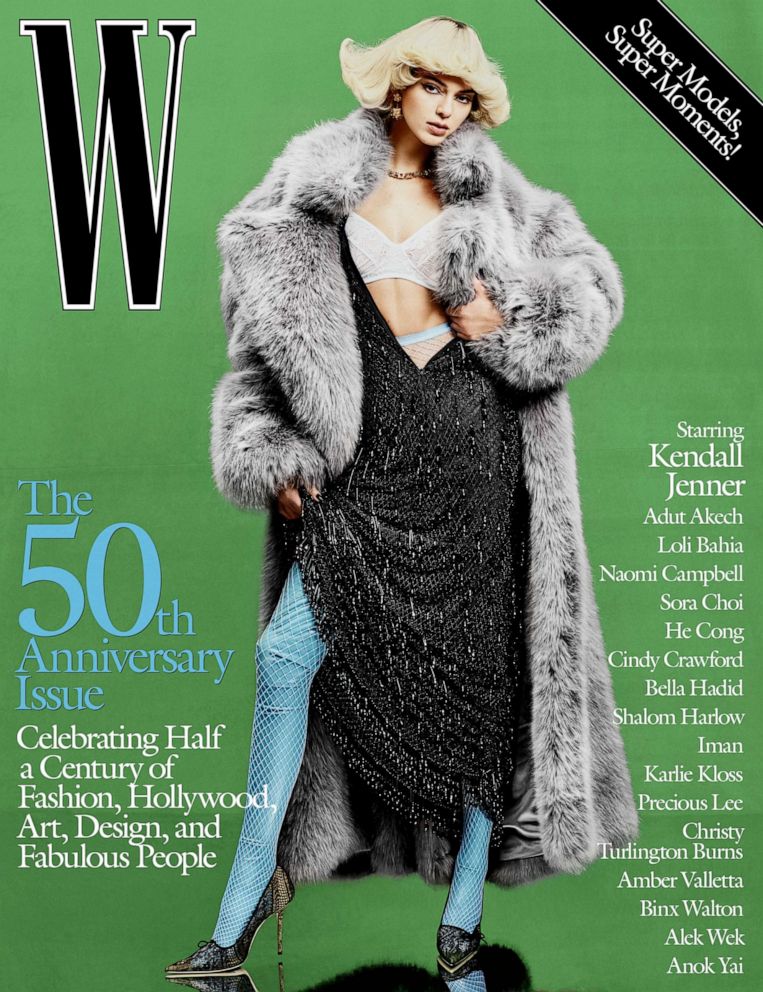
Table of Contents
Facebook's Role in the 2016 US Presidential Election and Beyond
The 2016 US Presidential election became a pivotal moment, showcasing the immense power of social media platforms like Facebook in shaping public opinion and influencing electoral outcomes. The Zuckerberg-Trump dynamic played a central role in this process.
Cambridge Analytica Scandal and its Consequences
The Cambridge Analytica scandal exposed the vulnerability of Facebook user data and its potential for misuse in political campaigns. Cambridge Analytica harvested the personal data of millions of Facebook users without their consent, using it to target voters with highly personalized, often manipulative, political advertising.
- Impact on Public Trust: The scandal severely damaged public trust in Facebook, raising serious concerns about data privacy and the platform's responsibility in protecting user information.
- Regulatory Backlash: The controversy led to increased scrutiny of Facebook's data practices and prompted the implementation of stricter data privacy regulations, such as GDPR in Europe and CCPA in California.
- Zuckerberg's Testimony: Mark Zuckerberg's testimony before the US Congress highlighted the challenges faced by social media companies in balancing user privacy with the demands of free speech and political expression. His testimony became a key moment in the Zuckerberg-Trump dynamic narrative, shaping public perception of Facebook's accountability.
Spread of Misinformation and Political Advertising
Facebook's algorithms, designed to maximize engagement, inadvertently amplified the spread of misinformation and fake news during the 2016 election. The platform became a breeding ground for false narratives and propaganda, directly impacting voter perceptions and choices.
- Targeted Advertising: Political advertising on Facebook allowed campaigns to micro-target specific demographics with tailored messages, often bypassing traditional fact-checking mechanisms.
- Algorithmic Bias: Facebook's algorithms, while not intentionally biased, favored sensational and emotionally charged content, which often included misinformation, thereby increasing its reach.
- Combating Misinformation: Facebook has since implemented measures to combat misinformation, including fact-checking partnerships and stricter advertising policies, yet the challenge remains significant. The ongoing battle against misinformation forms a crucial element of the evolving Zuckerberg-Trump dynamic.
Trump's Use of Facebook and Social Media
Donald Trump's adept use of Facebook and other social media platforms significantly impacted his political success. His direct engagement with supporters redefined political communication.
Direct Communication with Supporters
Trump bypassed traditional media gatekeepers and established a direct line of communication with his supporters via Facebook and Twitter. This strategy proved highly effective in mobilizing his base and disseminating his message directly.
- Rapid Information Dissemination: Facebook allowed Trump to rapidly disseminate information and react to news events in real-time, bypassing the often slower cycle of traditional media.
- Bypassing Traditional Media: His direct communication strategy diminished the influence of mainstream media outlets, creating a parallel channel for information sharing that significantly influenced public opinion.
- Emotional Engagement: Trump's communication style, often characterized by directness and emotionally charged language, resonated with his supporters and helped to foster a strong sense of community and loyalty.
Controversial Statements and Censorship Debates
Trump's frequent use of inflammatory language and controversial statements on Facebook triggered intense debates about content moderation, censorship, and free speech. This created a major challenge for Facebook.
- Content Moderation Challenges: Facebook faced immense pressure to moderate content while upholding its commitment to free expression. Finding the appropriate balance proved incredibly difficult.
- Balancing Free Speech and Safety: The challenge lay in determining which statements constituted hate speech or incitement to violence, requiring constant adaptation and refinement of Facebook's content moderation policies.
- Political Polarization: Trump's use of Facebook contributed to increasing political polarization, as his pronouncements often amplified existing divisions within the society and stoked further controversy.
Impact on Global Politics and Social Media Regulation
The Zuckerberg-Trump dynamic extended far beyond the 2016 US election, impacting global politics and social media regulation.
- Global Political Discourse: The events surrounding the election highlighted the global impact of social media on political discourse and the need for international cooperation in addressing challenges like misinformation and data privacy.
- Increased Regulation: The controversy spurred calls for greater regulation of social media platforms worldwide, with governments and international organizations seeking ways to enhance transparency and accountability.
- Data Protection and Digital Sovereignty: The Zuckerberg-Trump dynamic has fueled debates about data protection, user rights, and the concept of digital sovereignty, with nations seeking greater control over their citizens' data and online spaces.
Conclusion
The Zuckerberg-Trump dynamic represents a pivotal moment in the history of social media and its influence on politics. The events surrounding the 2016 election and subsequent controversies have highlighted the complex relationship between technology, power, and information dissemination. The impact continues to shape debates around data privacy, misinformation, and the regulation of social media platforms globally. Understanding the intricacies of the Zuckerberg-Trump dynamic is crucial to navigating the complexities of the digital age. Further research and critical analysis of this relationship are essential to fostering responsible use of social media and promoting informed democratic participation. Continue exploring the impact of the Zuckerberg-Trump dynamic to better understand the future of social media and its influence on our world.

Featured Posts
-
 Bencic De Madre A Campeona En Nueve Meses
Apr 27, 2025
Bencic De Madre A Campeona En Nueve Meses
Apr 27, 2025 -
 Turning Poop Into Profit How Ai Digests Repetitive Documents For Podcast Success
Apr 27, 2025
Turning Poop Into Profit How Ai Digests Repetitive Documents For Podcast Success
Apr 27, 2025 -
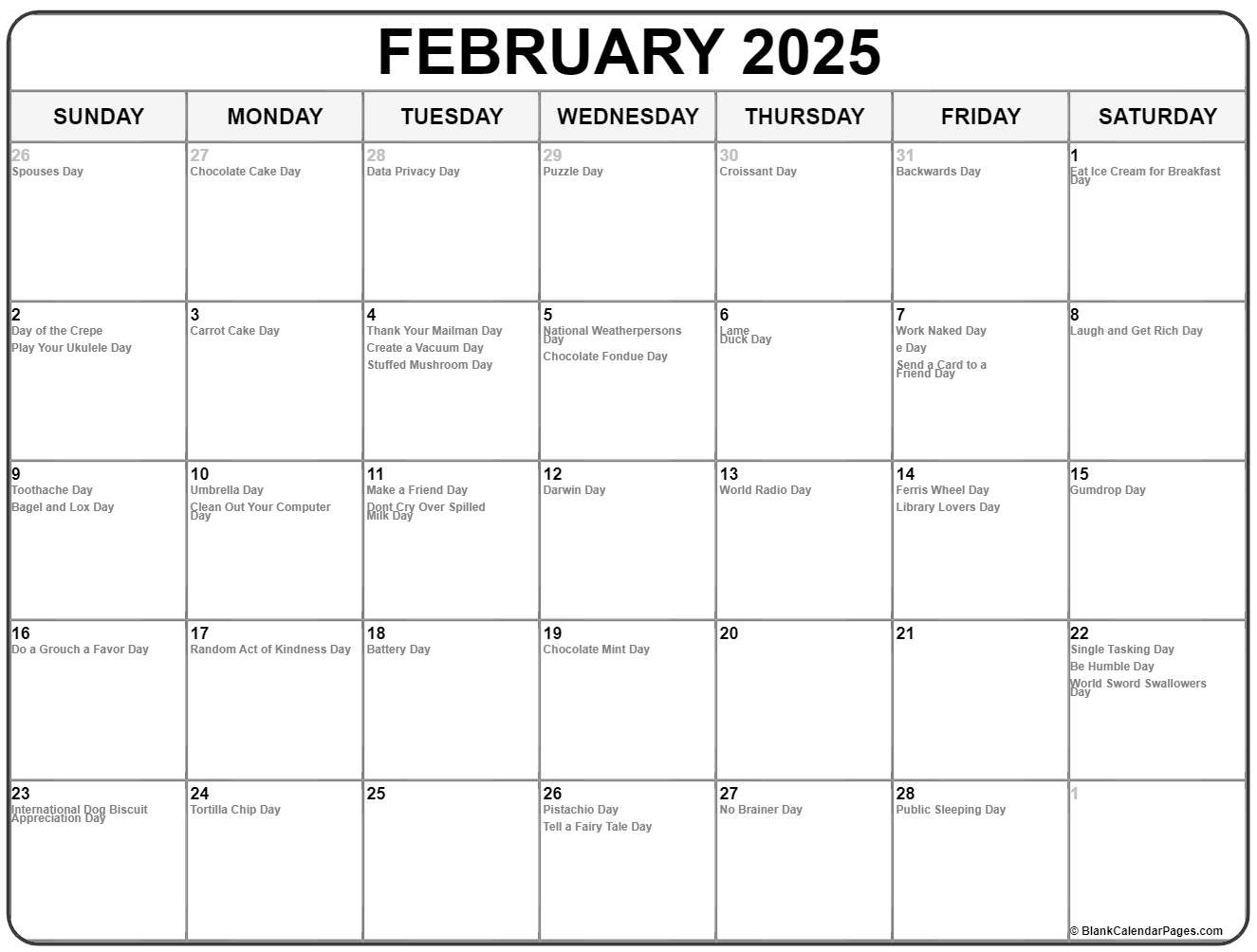 February 20 2025 Ideas For A Happy Day
Apr 27, 2025
February 20 2025 Ideas For A Happy Day
Apr 27, 2025 -
 La Garantia De Gol El Entrenamiento De Alberto Ardila Olivares
Apr 27, 2025
La Garantia De Gol El Entrenamiento De Alberto Ardila Olivares
Apr 27, 2025 -
 Considerable Us Growth Slowdown Predicted By Deloitte
Apr 27, 2025
Considerable Us Growth Slowdown Predicted By Deloitte
Apr 27, 2025
Latest Posts
-
 The U S Dollars First 100 Days A Historical Comparison
Apr 28, 2025
The U S Dollars First 100 Days A Historical Comparison
Apr 28, 2025 -
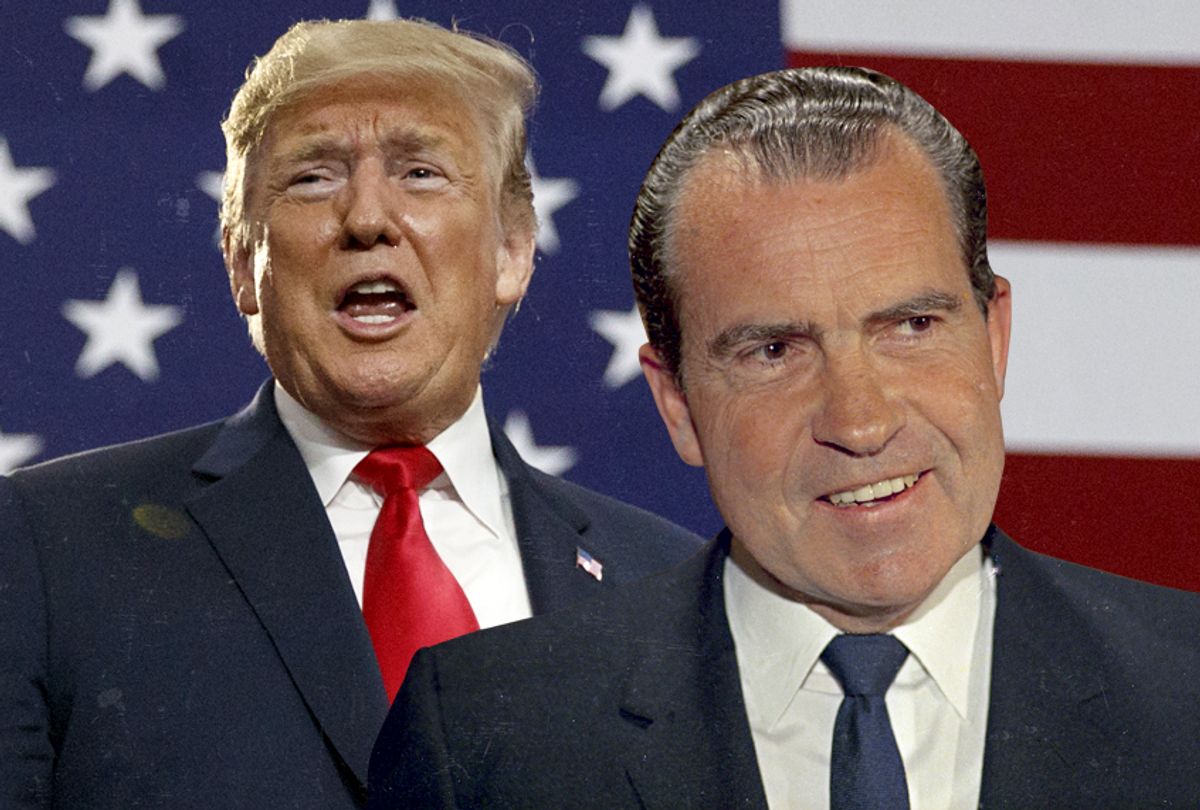 U S Dollars Troubled Start Parallels To The Nixon Presidency
Apr 28, 2025
U S Dollars Troubled Start Parallels To The Nixon Presidency
Apr 28, 2025 -
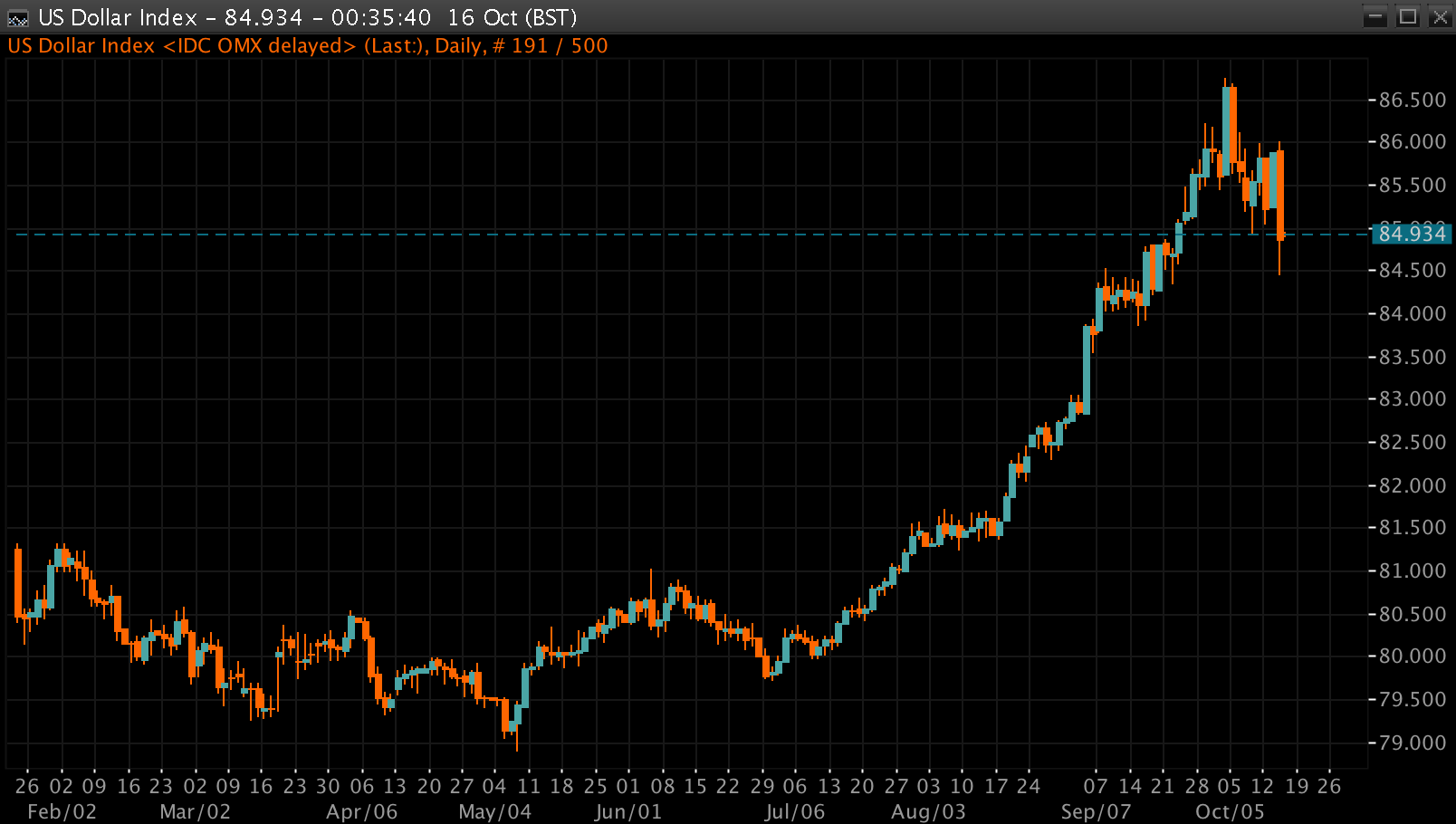 Nixons Shadow A Look At The Current U S Dollars Performance
Apr 28, 2025
Nixons Shadow A Look At The Current U S Dollars Performance
Apr 28, 2025 -
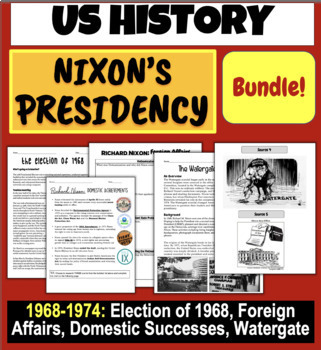 U S Dollar Weak Start To Presidency Mirrors Nixon Era
Apr 28, 2025
U S Dollar Weak Start To Presidency Mirrors Nixon Era
Apr 28, 2025 -
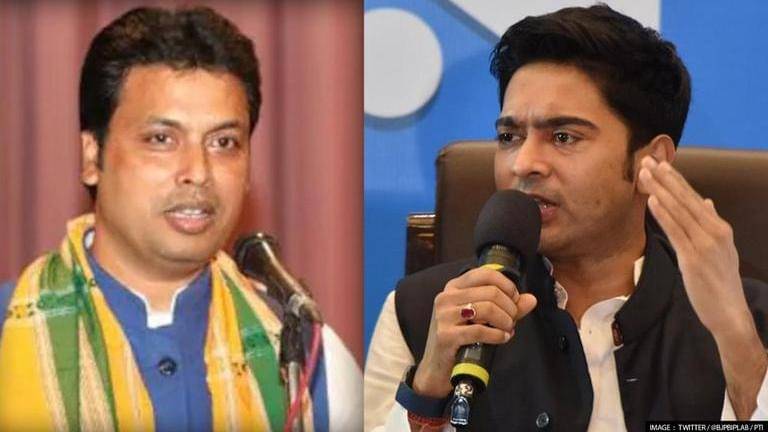 Yukon Legislature Mine Managers Testimony Sparks Contempt Threat
Apr 28, 2025
Yukon Legislature Mine Managers Testimony Sparks Contempt Threat
Apr 28, 2025
